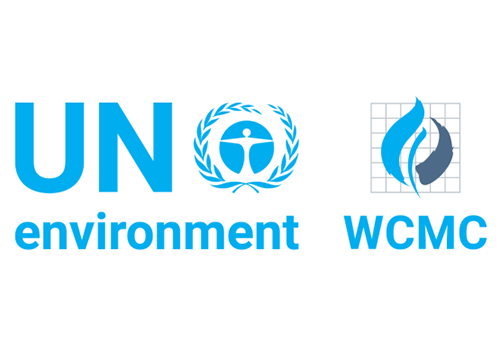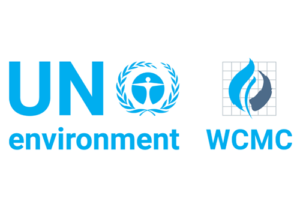
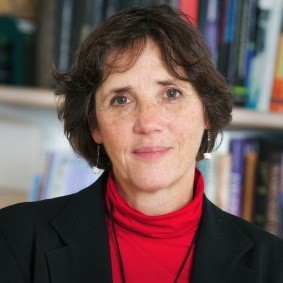
Valerie Kapos
Valerie Kapos heads the Nature-based Solutions (NbS) team at UNEP-WCMC. In this capacity she leads the Centre’s work on the impacts of climate change on biodiversity and the role of ecosystems in climate change adaptation and mitigation, as well as newly developing work on NbS for health and wellbeing. Valerie holds a PhD in tropical forest ecology and has nearly two decades of field research and other experience in Latin America and the Caribbean. Valerie has authored over 60 papers in peer-reviewed journals and many other publications.
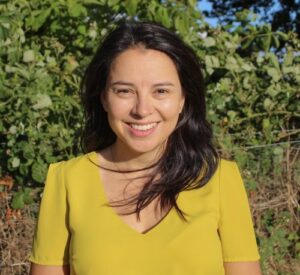
Andrea Baquero
Andrea has a great depth of experience as technical and management lead on a multitude of international projects and collaborations specialising in the application of science in policy and decision-making, biodiversity knowledge management and data analysis. She supports governments to account for the value of biodiversity in decision-making and connecting biodiversity data providers with end-users. She has contributed to building capacity in developing countries on biodiversity data management, spatial analyses, and biodiversity mainstreaming. Andrea has extensive experience working internationally and has established strong networks with partners in government, academia, civil society and the private sector, with a focus on southern Africa and Latin America.
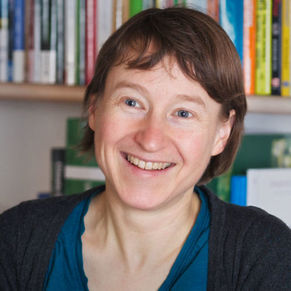
Cordula Epple
Cordula has worked on the interlinkages between biodiversity and climate change for more than ten years, with a particular focus on the potential synergies and conflicts between climate change mitigation and adaptation and the conservation of biodiversity. She has worked on the climate mitigation benefits that can be achieved by managing a range of natural ecosystems, the potential of nature-based solutions such as REDD+ and Ecosystem-based Adaptation to deliver multiple benefits, and the application of spatial planning in the context of EbA. Before joining UNEP-WCMC, Cordula (originally a vegetation scientist) was a member of the Biodiversity Unit of the German Federal Agency for Nature Conservation, where she had a coordinating role for the Agency’s work on biodiversity and climate change. She has significant experience in working at the science-policy interface.

Arnout van Soesbergen
Arnout has broad expertise in natural capital assessments, land use change modelling, ecosystem services and water resources. He has extensive experience with spatial analysis, modelling and geographical information systems as well as the utilisation and co-development of policy support tools in the fields of hydrology and ecosystem services. He led the development and implementation of a spatial framework to assess trade-offs between agricultural commodities development and biodiversity and ecosystem functions under scenarios of change in regions within Africa, Southeast Asia and South America and a national natural capital assessment for Mozambique. He worked on modelling nature-based solutions and ecosystem service co-benefits for Europe in the H2020 NAIAD project.
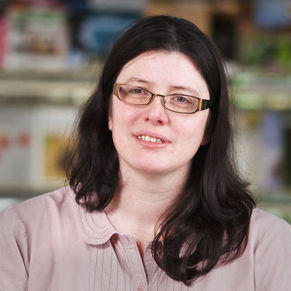
Claire Brown
Claire oversees a portfolio of projects on ecosystem services, ecosystem and natural capital assessments and natural capital accounting from a technical and policy angle. Recent examples of projects include support to KIP INCA, building capacity around the globe to undertake national ecosystem assessments, OPERAs, Esmeralda, MAIA and supporting the evaluation of the EU Biodiversity Strategy, including the reporting to the CBD. Dr Brown has both broad and deep experience in supporting countries to collate and analyse ecosystem-related information to deliver policy impact. In particular, she is currently coordinating UNEP-WCMC’s work across a suite of eight national level ecosystem assessments (funded by IKI). She also leads the Technical Support Unit for Policy Support for IPBES.

Juliet Mills
As an Associate Programme Officer at UNEP-WCMC, Juliet supports a wide range of international projects related to the application of nature-based solutions for climate change mitigation and adaptation, and particularly Ecosystem-based Adaptation. This includes technical support through research, data collation and analysis, capacity building and backstopping to project partners and stakeholders. Prior to this, Juliet worked on integrated water resource management projects based in the Mekong region, including flood and drought mitigation, ecohydrology, water resources assessments, and environmental monitoring. She has an MSc in Environmental Sciences and has a wide set of environmental skills and interests linked to understanding environmental processes and interactions.
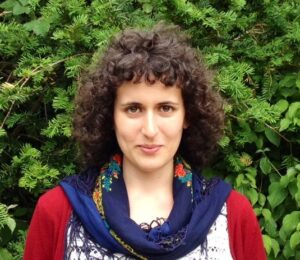
Tânia Salvaterra
Tânia contributes to the work of the Nature-based Solutions (NbS) team at UNEP-WCMC, including the implementation and management of projects which aim to promote the use of nature-based solutions for climate change adaptation. Her role involves the synthesis and analysis of information, as well as preparation of tools, methodologies and informative materials to support decision making, planning and implementation of nature-based solutions.

